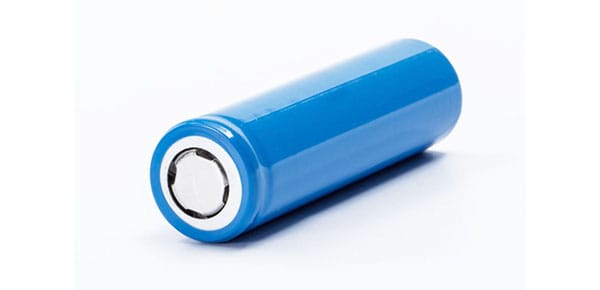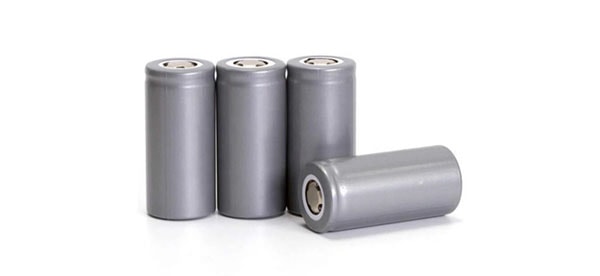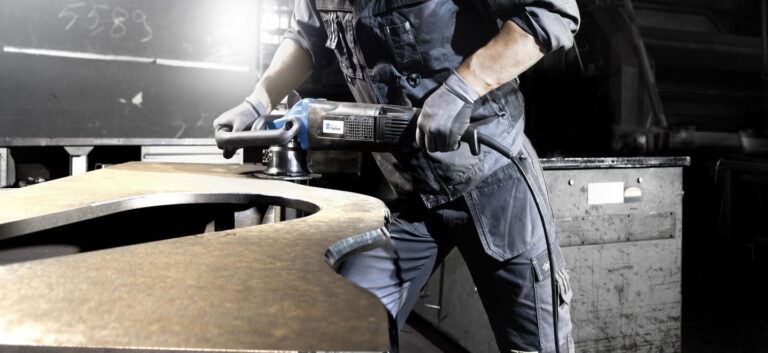Reliable 18650 Battery Cell Manufacturer
As a professional and certified manufacturer, Tesson is dedicated to bringing you superior quality and technologically advanced 18650 cells. With our commitment to research and development, rigorous safety measures, and eco-friendly manufacturing practices, we provide reliable, high-performance battery solutions. Our versatility in customization also allows us to tailor our products to your unique requirements. Discover the potential of Tesson’s 18650 battery cells, and empower your devices with our industry-leading energy solutions.
Get A Quote Now











































